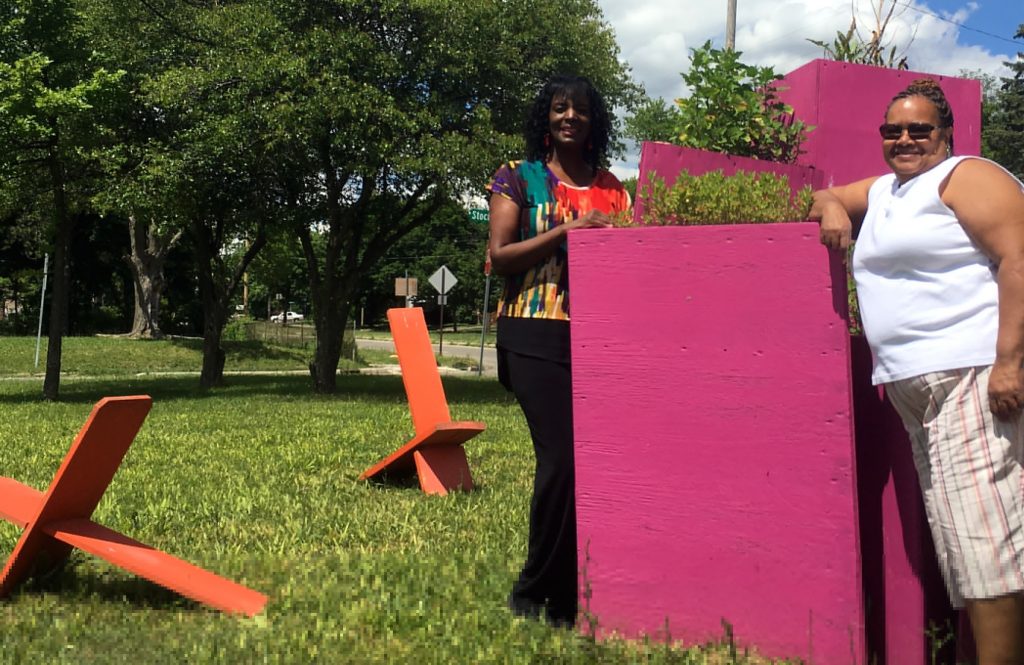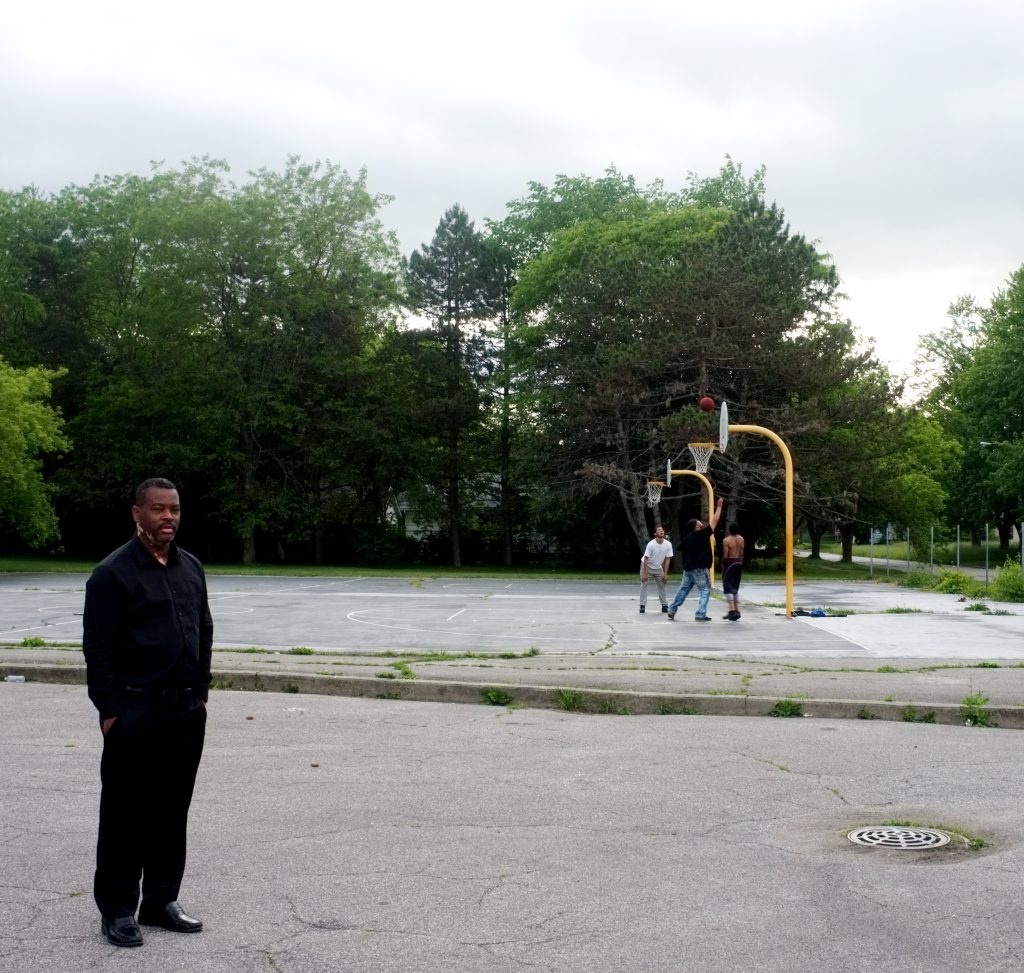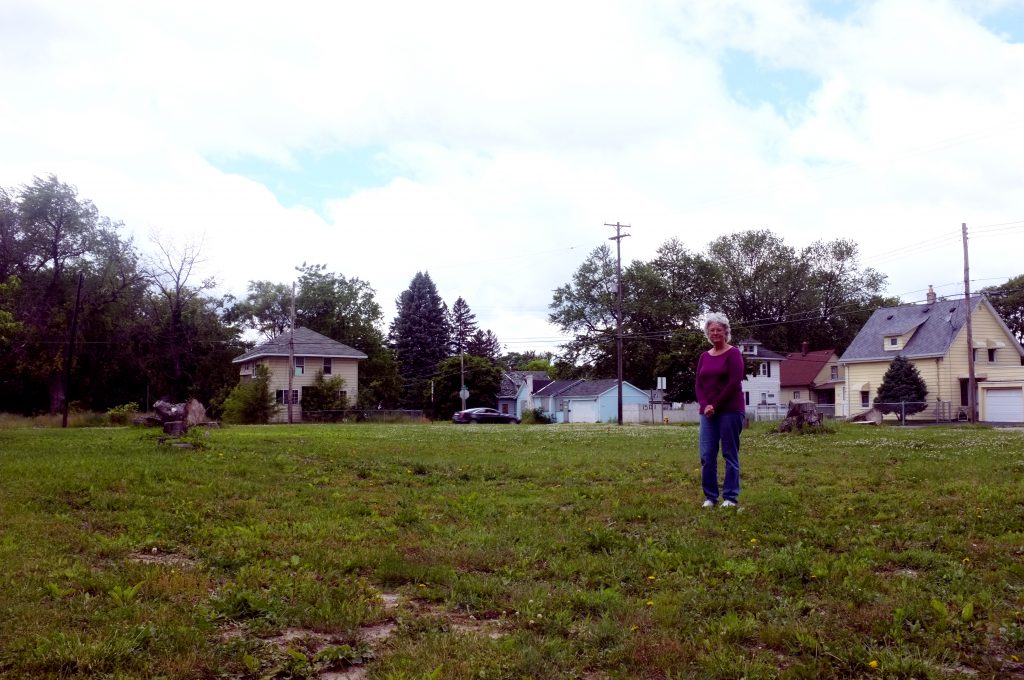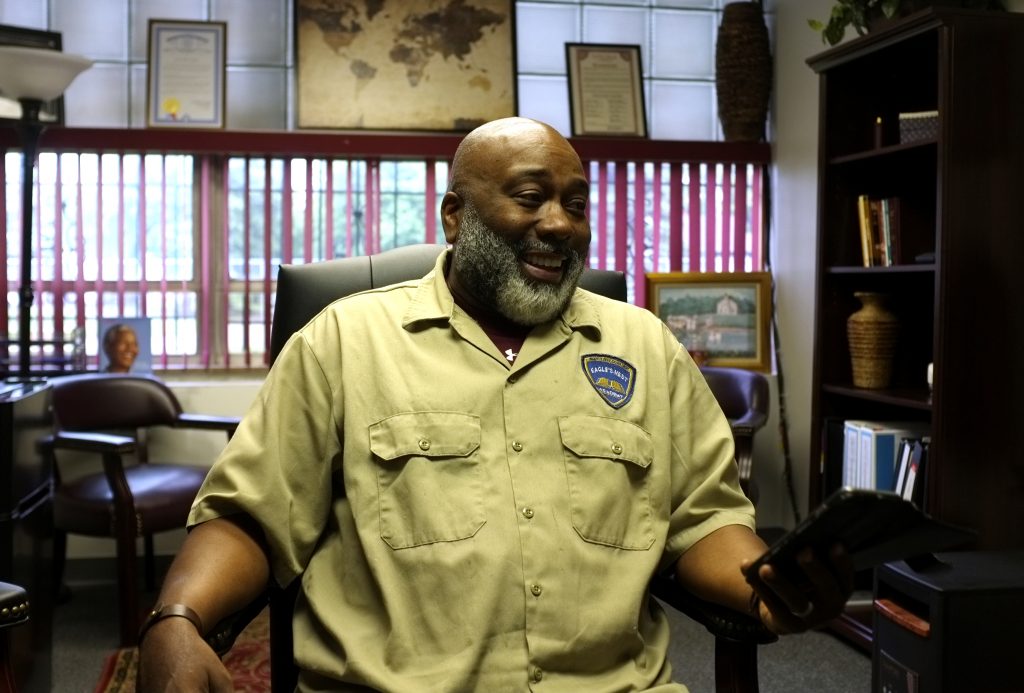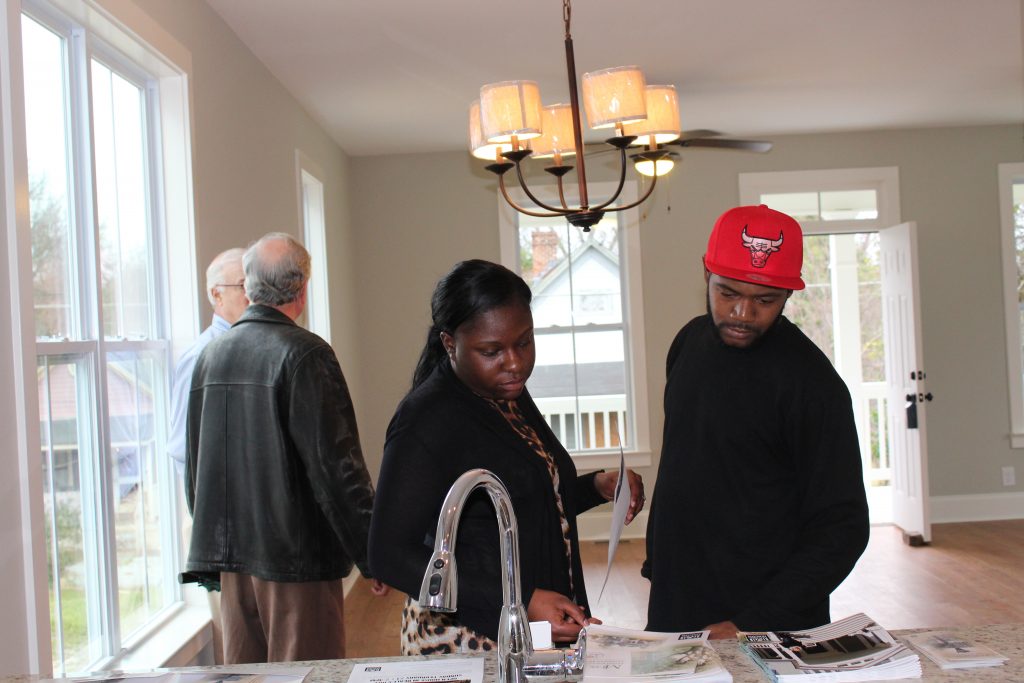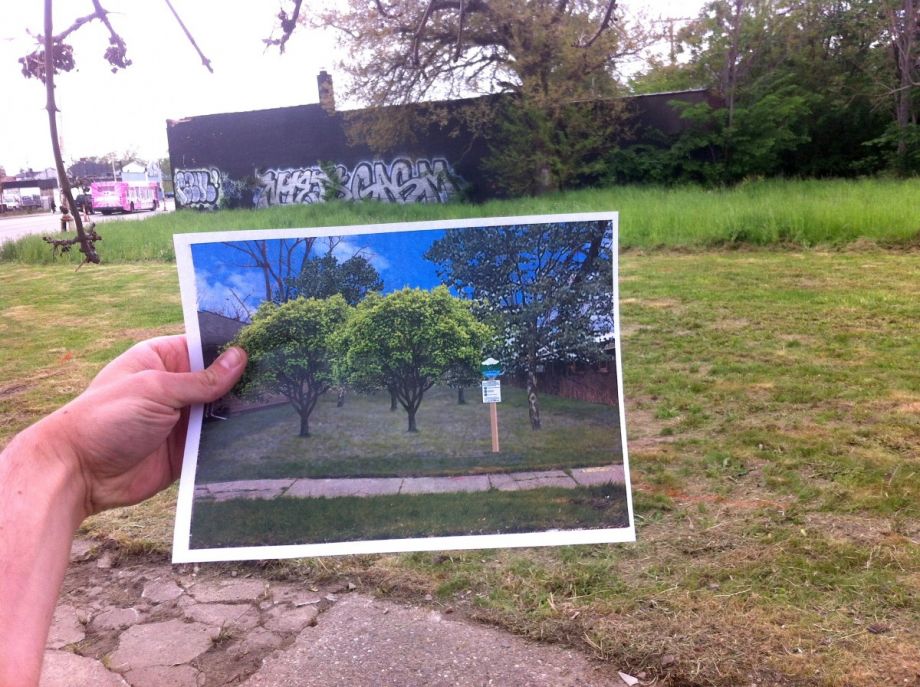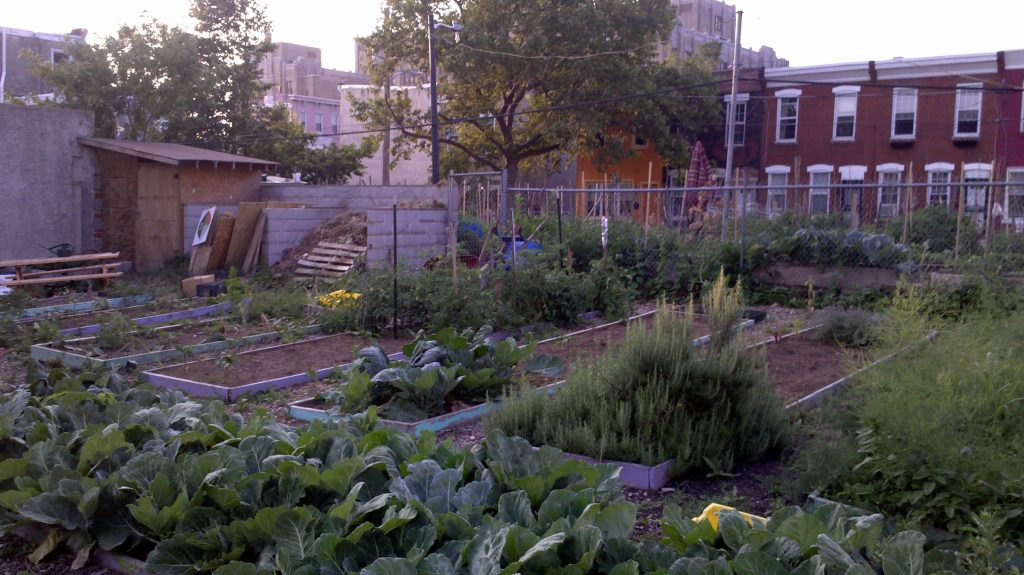Blog
Vacant Land Stewardship
Examples of how land banks are transforming vacant land into climate resilience assets through flood mitigation, greening, and partnerships.
Read More »How to conduct a neighborhood survey to assess the scale of illegal dumping and prioritize city resources for cleanup and prevention.
Read More »Five examples of creative approaches land banks have taken to addressing vacant, abandoned, and deteriorated properties.
Read More »In many communities, tackling vacant lots can feel like an impossible challenge. Local officials, land banks, and community organizations recognize the importance of finding effective strategies to maintain and repurpose vacant lots to meet community needs. According to the National Land Bank Network’s 2023 State of Land Banking Survey, vacant…
Read More »Blight is a shorthand term many people use to refer to properties they perceive as problematic in some way.
Read More »Vacant, abandoned, and deteriorated (VAD) properties—referred to by some as “blighted properties”—pose significant costs to public health, property values, local taxpayers, and more.
Read More »Cities spend millions each year cleaning up illegal dumping. What if they tried to make vacant lots less appealing to dumping in the first place?
Read More »A vacant lot owned and cared for by a land bank sees a greater decrease in crime compared to privately owned lots, finds 2023 study in Flint, MI.
Read More »How the Cuyahoga Land Bank and a community activist worked together to transform a block one property at a time.
Read More »Conceptualizing vacant land as a system makes it possible to identify where strategic interventions can push the system toward different, more desirable outcomes.
Read More »
